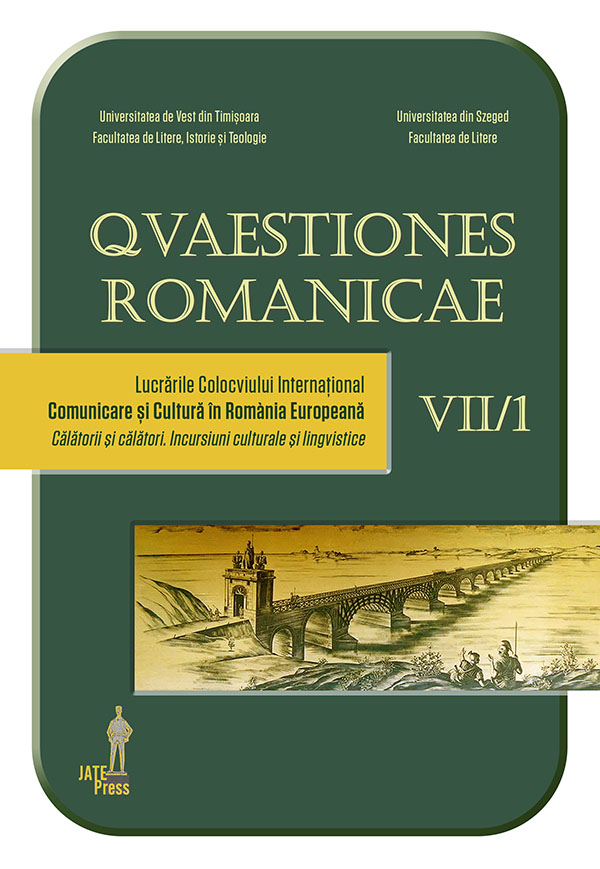Le voyage de la science de la Grèce à l’Europe latine via le monde musulman
Abstract: (The voyage of science from Greece to Latin Europe via the Islamic world) Until the XIIth century, the Latin world emerged from the Roman empire shows little interest in science and history. With some exceptions, the Greek heritage in philosophy and science will disappear. The Latin world will produce only a few scientific works. In “Fertile Crescent”, from the East of the Mediterranean Sea, during the VIIIth century, a rich intellectual civilization is flourishing, which gathers and translates in Arabic manuscripts from Greece, India, China, Egypt. Great scientists are publishing in Arabic. In the XIIth century, when this “golden era of Arabic science” comes to an end, the Latin world takes interest into these manuscripts and translates from Arabic into Latin works from West Mediterranean libraries. In Europe, these books will be scientific and philosophical references for many more centuries ahead.
Keywords: science, philosophy, Arabic world, Greek world, Latin world.
Résumé : Jusqu’au XIIe siècle le monde latin issu de l’Empire romain marque peu d’intérêt pour la science et l’histoire. À quelques rares exceptions se perdra l’héritage grec en philosophie et en science. Le monde latin produira peu d’œuvres scientifiques. Dans le « croissant fertile » à l’Est de la Méditerranée, au VIIIe siècle, éclot une riche civilisation intellectuelle qui rassemble et traduit en arabe des manuscrits de Grèce, d’Inde, de Chine, d’Égypte. De grands savants publient en arabe. Au XIIe siècle, alors que s’estompe cet « âge d’or de la science arabe », le monde latin s’intéresse à ces manuscrits et entreprend la traduction en latin des ouvrages en langue arabe des bibliothèques de l’Ouest de la Méditerranée. Ces livres seront en Europe les références scientifiques et philosophiques durant plusieurs siècles.
Mots-clés : science, philosophie, religion, monde arabe, monde grec, monde latin.
